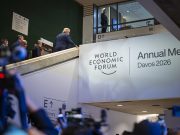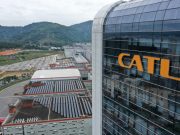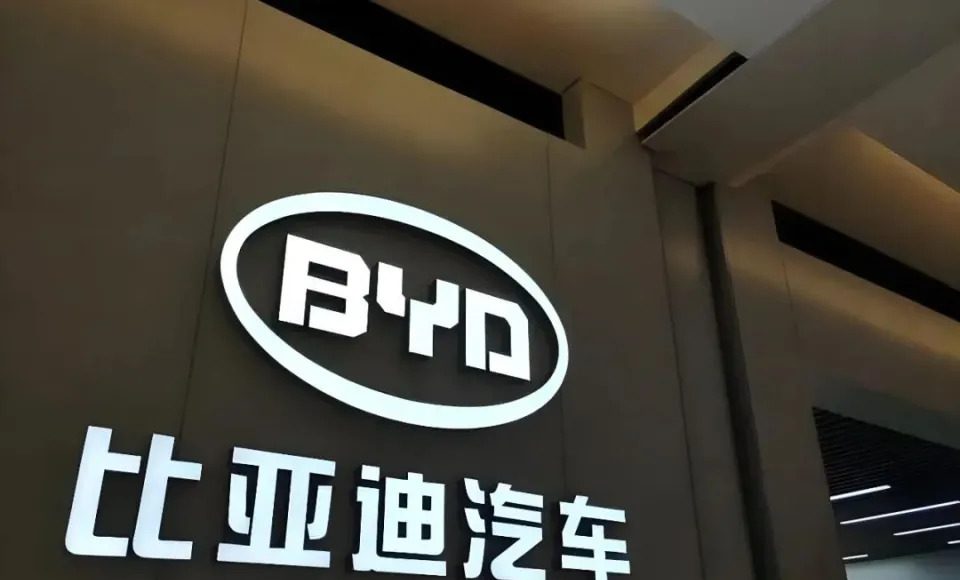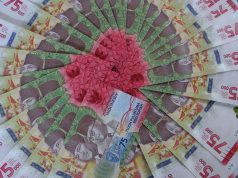(SINGAPORE, 11.06.2025) Biyadi (比亚迪, commonly known as BYD), China’s No. 1 automaker by sales, today announced it will comply with the official regulation which took effect on June 1 that every enterprise must pay its suppliers within 60 days of delivery, raising eyebrows as BYD is known to delay such payment up to at least 127 days and is now currently ridden with overdue pays to the tune of more than 323 billion yuan (about US$44 billion).

Also, BYD has recently come under a cloud following suggestion by a veteran auto businessman that a local automaker is now marching to its doom like Evergrande Group (恒大), once China’s largest property developer which is now at its last gasp teetering under debts worth 2.4 trillion yuan. Many in China, especially big wigs in the auto sector, agreed that the company referred to by Wei Jianjun (魏建军), the chairman of China’s Great Wall Motors (长城汽车), is BYD.
Last month, Wei dropped the bombshell during a media interview, stating that “the “Evergrande” of China auto industry has already emerged and “it is waiting to explode.” He went on to boldly suggest carrying out a “full-industry audit” covering all the Chinese automakers, and GWM would cover the costs to help unveil the financial truths that many are trying to hide.
Soon after the allegations by Wei, to the surprise of many as he did not name names, Li Yunfei (李云飞), BYD’s general manager of branding and public relations, showed numbers and records to the media, claiming that BYD is in absolutely good financial health and in no way it is becoming the auto sector’s Evergrande.
Then next came Li Shufu (李书福), Chairman of Geely Holding Group, another automaker. This Li remarked bluntly at a car-maker forum: “The current competition in the domestic market is quite interesting, some automakers’ tactics are abominable.” He compared China’s auto industry to “a marathon with no finish line,” emphasizing that “those who run faster are not necessarily the ones with true endurance,” reported China’s sohu.com news platform. His comments quickly sent shockwaves through the industry, exposing the cutthroat competitions underlying it.
According to a Hong Kong audit research company GMT Research, BYD’s net debt actually amounted to 323 billion yuan by June 2024, but Li Yunfei reported the sum to be 27 billion yuan, apparently a wide gap apart. Also, the BYD manager reported the company’s interest-bearing debt makes up only a minuscule 5% of its total liabilities, triggering suspicion that instead of borrowing from banks the company makes its suppliers pay for its expenditures by holding up what are due to them over extended time.
Meanwhile, a Bloomberg report has also contradicted BYD’s claim that it paid its suppliers within 127 days, alleging that in 2023 BYD took an average of 275 days to pay up. In fact, this number exceeds the world’s average by four times. Most suppliers withstand this painful treatment as they are intimidated by the belief that BYD would soon be China’s only auto titan standing, having boosted sales 50 times over in the past 20 years.
An auto expert noted that in an effort to boost international competitiveness, BYD has further pressured its suppliers to cut prices by 10%, leading to a deterioration in product quality., “This in turn leads to consumer worry and so hurts the car sales,” the commenter added, suggesting BYD is sealing its own doom.
Wei also implied that BYD practised the so-called “‘Zero-kilometer used cars” strategy where vehicles already registered are not delivered to consumers for use and therefore stay extremely low in mileage. It is a deceptive scheme jointly carried out by car manufacturers, car dealers, and used car traders to create an illusion that cars are sold like hot cakes. In so doing, an automaker would manipulate its share prices to surge while most of its cars are actually kept somewhere to rust.
“What you’re seeing in China is disturbing, because there’s a lack of demand and extreme price cutting,” Singapore’s Straits Times quoted John Murphy, a senior automotive analyst at Bank of America as saying. Eventually there will be “massive consolidation” to soak up the excess capacity, he added.
Meanwhile, many wonder if BYD collapses at home, that would have a negative impact on its international sales such as in Europe and Singapore where it has reportedly outsold Tesla. But auto experts believe it would not necessarily mean an immediate or total drop-off. “It would depend on how BYT regroups,” they remarked.
BYD stated in its announcement today that it wants to support the healthy growth of small and medium-sized enterprises, namely its suppliers, through concrete actions, thereby advancing the development of China’s automotive sector.
“Going forward, BYD Auto will continue to promote the steady and long-term development of China’s automotive industry by driving technological innovation and optimizing management, in close collaboration with partners across the supply chain,” BYT added, without commenting on its alleged business model of taking advantage of its suppliers for its expansion.





































